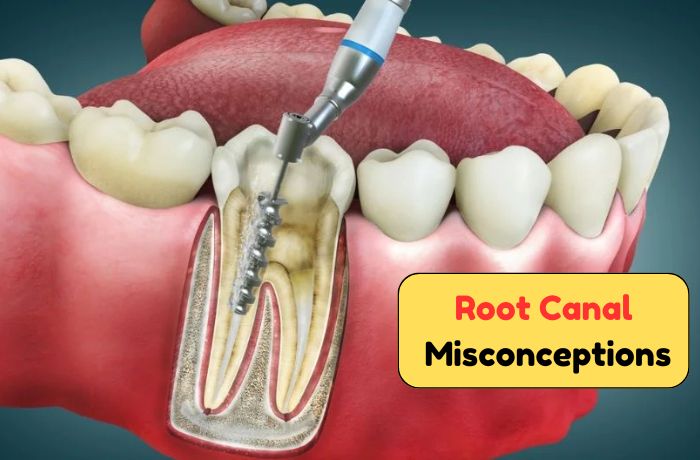Root canal treatment is often misunderstood and surrounded by many misconceptions. These myths can cause unnecessary fear and anxiety in patients and prevent them from seeking the treatment they need. In this blog, we will clear up some common misconceptions about root canal treatment and provide accurate information about the procedure. If you are looking for a skilled and compassionate dentist for root canal treatment in Kharadi, consider visiting Dr. Samidha Patil.
Understanding Root Canal Treatment
A root canal is a dental procedure used to treat an infection in the center of a tooth. It involves removing the infected or damaged pulp, cleaning the inside of the tooth, and sealing the tooth to prevent further infection. Despite its effectiveness, there are many misconceptions about root canals.
Common Root Canal Misconceptions
Misconception 1: Root canals are extremely painful
One of the most common misconceptions about root canals is that they are extremely painful. This belief probably comes from outdated practices and misinformation. In reality, root canal treatment is no more painful than having a tooth filled. Modern techniques and anesthesia have made the procedure virtually painless.
Misconception 2: Root canal treatment causes illness
Some people believe that root canals can cause disease or other health problems. This misconception is based on old and discredited research. Root canal treatment is designed to remove infection from the tooth, prevent the spread of bacteria, and promoting overall health.
Misconception 3: Tooth Extraction Is Better Than a Root Canal
Another common myth is that it is better to have a tooth extracted than a root canal. Tooth extraction can lead to other dental problems, such as malocclusion and difficulty chewing. A root canal, on the other hand, saves the natural tooth and preserves the structure of your mouth.
Preventing the Need for a Root Canal
Good oral hygiene practices
To reduce the risk of needing a root canal, follow these oral hygiene practices:
- Brush your teeth with fluoride toothpaste twice a day.
- Floss daily to remove plaque from between teeth and below the gumline.
- Use an antibacterial mouthwash to reduce plaque and prevent gingivitis.
Regular dental visits are important for maintaining oral health and detecting problems early. Professional cleanings and exams can help prevent decay and detect problems before they require more complex treatments, such as root canals.
Conclusion
Misconceptions about root canals can lead to unnecessary fear and anxiety. Understanding the truth about root canals can help you make informed decisions about your dental health. If you are experiencing tooth pain or suspect you may need a root canal, don’t let misconceptions stop you. Contact Dr. Samidha Patil for expert root canal treatment in Kharadi and ensure that your dental health is in good hands.

